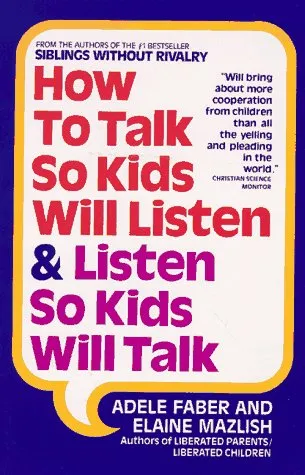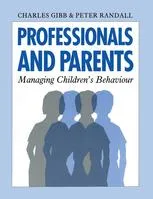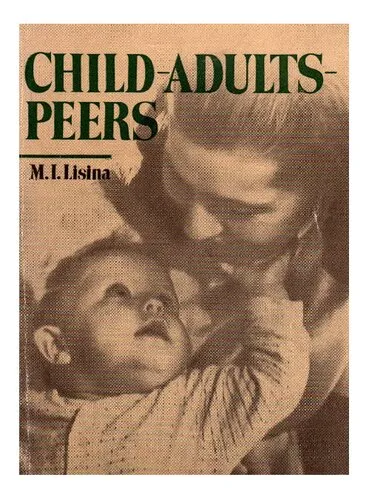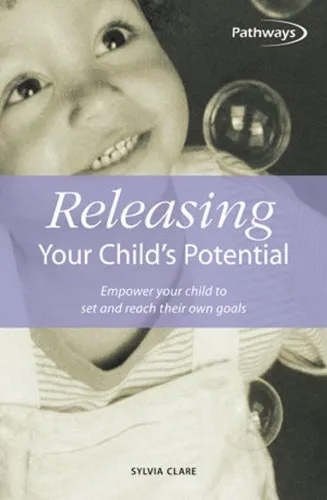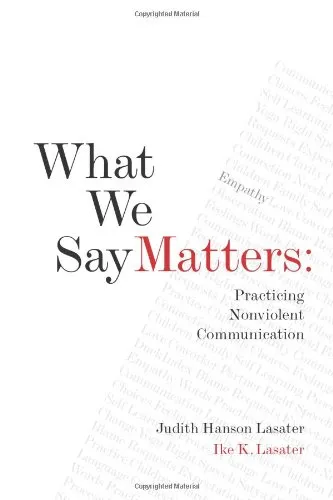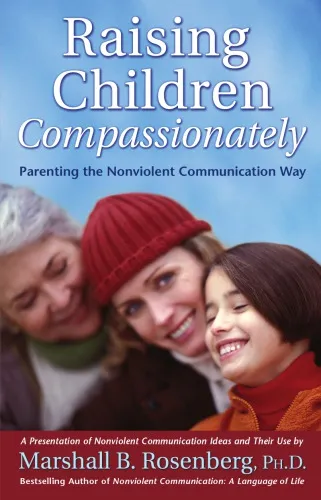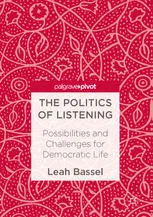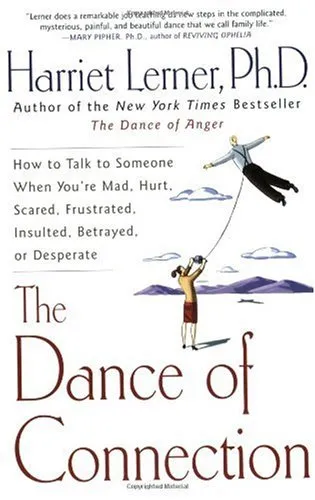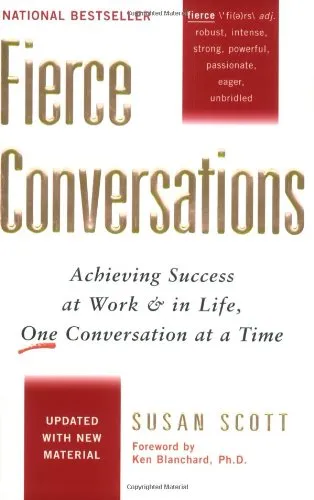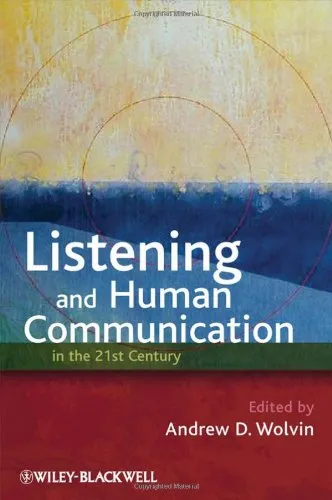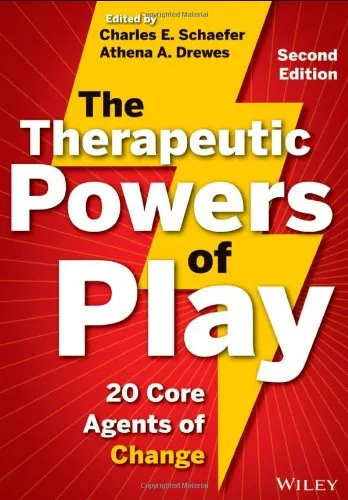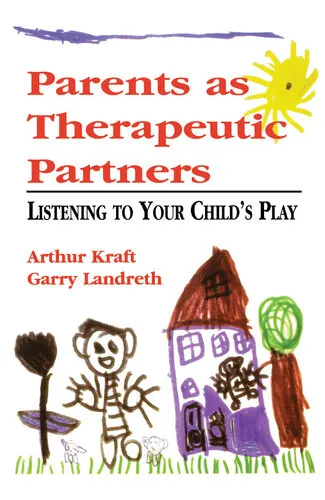How to talk so kids will listen & listen so kids will talk
4.8
Reviews from our users

You Can Ask your questions from this book's AI after Login
Each download or ask from book AI costs 2 points. To earn more free points, please visit the Points Guide Page and complete some valuable actions.Related Refrences:
Introduction
Welcome to a transformative journey into understanding the art of communication between parents and children. "How to Talk So Kids Will Listen & Listen So Kids Will Talk," authored by Adele Faber and Elaine Mazlish, stands as a beacon in the realm of parenting books, offering concrete skills and strategies to aid effective communication. Embedded in its pages are time-tested principles that equip parents to foster relationships built on mutual respect and understanding.
Detailed Summary of the Book
The book is structured to serve as a practical guide, brimming with anecdotes, insights, and instructions that speak directly to the challenges faced by parents and caregivers in their everyday lives. Through relatable scenarios and dialogues, Faber and Mazlish unravel the common pitfalls of communication that often lead to frustration and misunderstandings between adults and children.
The authors propose a series of solutions, grounded in empathy and empathy-based listening, that help parents connect with their children on a deeper level. They focus on essential skills such as acknowledging feelings without judgment, expressing emotions without anger, and finding solutions without conflict. Each chapter offers concrete steps and concludes with exercises to practice and refine these skills, ensuring parents have the tools needed to implement positive changes effectively.
Key Takeaways
- Acknowledge Children's Feelings: Recognize and validate emotions, creating a safe space for children to express themselves.
- Engage Cooperation: Use positive techniques to encourage children to cooperate willingly without conflict.
- Alternatives to Punishment: Implement strategies that guide children towards self-discipline and responsibility without resorting to punitive measures.
- Fostering Autonomy: Empower children to think independently and make their own choices, supporting their development into confident individuals.
- Set Limits While Maintaining Goodwill: Establish boundaries without compromising the child's sense of respect and personal freedom.
Famous Quotes from the Book
"Acknowledging a child's feelings doesn’t make the problem bigger; it makes the problem manageable and solvable."
"The way we talk to our children becomes their inner voice."
"Feelings are neither right nor wrong; they simply are. What we do with those feelings makes all the difference."
Why This Book Matters
This book is an essential read for parents, educators, and anyone involved in the nurturing of children because it addresses the critical aspect of launching a dialogue where both parties feel heard and valued. It champions the approach of listening with full attention as opposed to giving premature solutions, reinforcing that the foundation of a prosperous relationship is built on understanding and mutual respect. Faber and Mazlish's work doesn’t only offer strategies but fosters an attitude — a humane approach to the age-old dance of communication, making it as relevant today as when it was first published.
In conclusion, "How to Talk So Kids Will Listen & Listen So Kids Will Talk" acts as a timeless guide for nurturing strong, communicative, and empathetic relationships with children, ensuring their emotional and intellectual growth. By transforming the way we engage with our children, it empowers the next generation to internalize these values and contribute positively to the world around them.
Free Direct Download
You Can Download this book after Login
Accessing books through legal platforms and public libraries not only supports the rights of authors and publishers but also contributes to the sustainability of reading culture. Before downloading, please take a moment to consider these options.
Find this book on other platforms:
WorldCat helps you find books in libraries worldwide.
See ratings, reviews, and discussions on Goodreads.
Find and buy rare or used books on AbeBooks.
1237
بازدید4.8
امتیاز0
نظر98%
رضایتReviews:
4.8
Based on 0 users review
Questions & Answers
Ask questions about this book or help others by answering
No questions yet. Be the first to ask!
